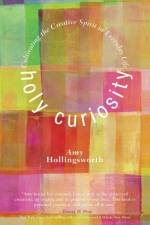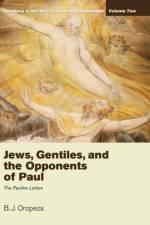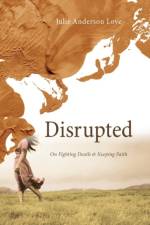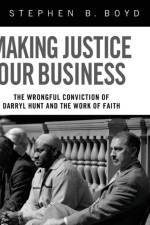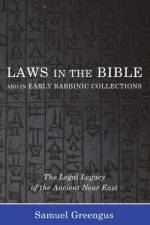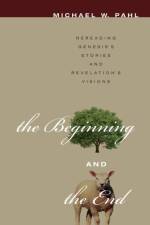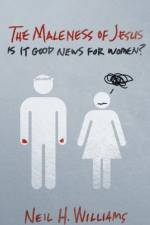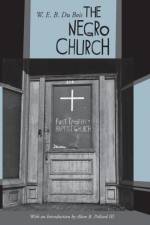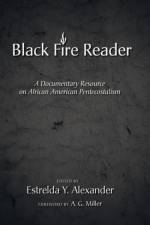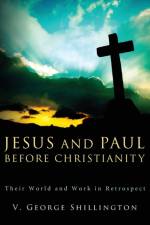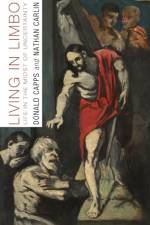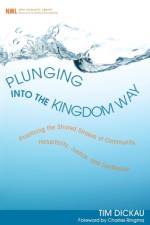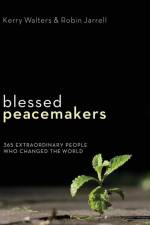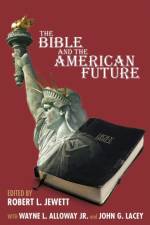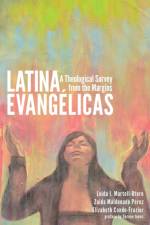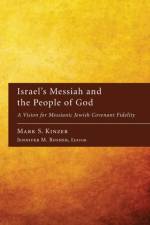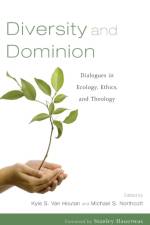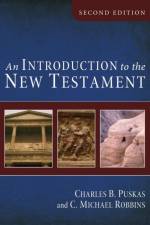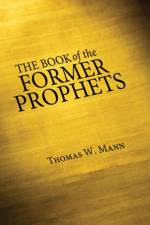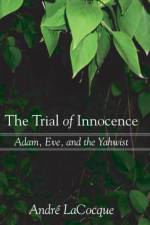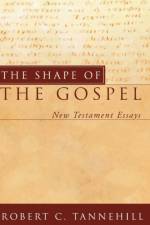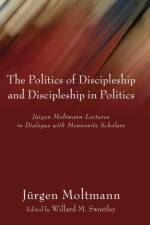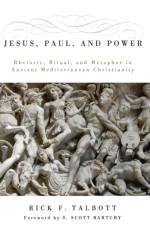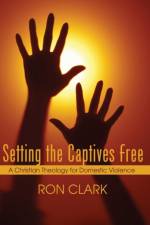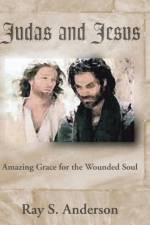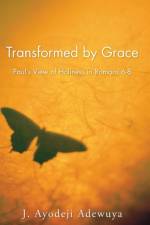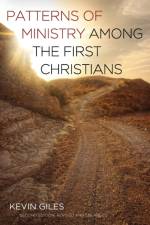av Amy Hollingsworth
419
One passage, two verses, four words.As a writer and an adjunct professor of psychology, Amy Hollingsworth is on her way to becoming an ""expert"" on creativity. But just days before delivering her first professional seminar on the topic, she has an unsettling dream. The dream awakens her to the fact that she has missed a crucial element in understanding what true creativity is. Trying to unravel the dream, she soon discovers its contents reflected in a single passage of ancient literature. In this passage she sees for the first time creativity''s core, its spiritual roots, and as its meaning unfolds through months of spiritual reflection and study, it confirms the very scientific theories she''s been teaching all along. In fact, she discovers the underpinnings of the whole body of creativity research tucked into four small words penned centuries ago, kernels of truth that explode with a new depth of meaning. As she digs deeper, she uncovers for the reader God''s blueprint for cultivating the creative spirit in everyday life, through a practical outworking of her spiritual findings. In the end, both writer and reader come away with a new understanding of their own creative abilities--and a profound sense of what''s truly holy about holy curiosity.""So sensitive, intelligent, and gutsy.""-Thomas Moore, New York Times best-selling author of Care of the Soul ""Amy brings her uniquely lyrical style to the subject of creativity, its origins, and its purpose in our lives. This book is personal, practical, and poetic all in one, and will be a welcome addition to your shelf.""-Daniel H. Pink, New York Times best-selling author of Drive and A Whole New Mind ""You know that best afternoon ever, with the rain outside, and the comfy chair inside, and the good book -a glorious, quiet revelation of a book-and the family dog sleeping at your feet? This is that book. You''ll have to bring your own dog.""-Sean Herriott, host of national Catholic radio program Morning Air™ on Relevant Radio®""With wit and grace, Amy Hollingsworth invites her readers to listen to their lives. She is bold to embrace the possibility that the Wisdom with whom God framed Creation is the very Wisdom who yearns to create through each of us. Amy draws thread from spools ancient and modern, mythic and scientific, experiential and theoretical and weaves a seamless story that calls us all to hear and respond to the whispers of Wisdom."" -Jim Street, writer and pastor of North River Church, Lawrenceville, Georgia ""I found Amy''s book to be a fascinating mix as she examines the deeper essence of creativity. Her personal journey, insights from both the scientific and biblical realms, and the practical delineation of how to assure creativity''s existence in a driven, specialized world provide a portal to understanding that everything is relevant and that creativity is our inherent nature. Amy''s blueprint for how to live the creative lives we are all meant to live is clear, awakening, profound and practical.""-Carla Hannaford, PhD, Neurophysiologist and author of Playing in the Unified Field: Raising and Becoming Conscious, Creative Human Beings ""Amy is one of my revered people: such a warm, good heart infused with profound spiritual insight and tremendous sensitivity to others. These qualities uniquely position her to offer a nuanced, affecting, practical, and truly exceptional work on creativity in Holy Curiosity. Thank you, Amy.""-Danny Fisher, writer and Professor of Religious Studies at University of the West, Coordinator of the Buddhist Chaplaincy ProgramAmy Hollingsworth is the author of The Simple Faith of Mister Rogers: Spiritual Insights from the World''s Most Beloved Neighbor (2005), based on her nine-year friendship with television''s Fred Rogers; and Gifts of Passage: What the Dying Tell Us with the Gifts They Leave Behind (2008). She taught as an adjunct professor of psychology at the University of Mary Washington in Frederi

